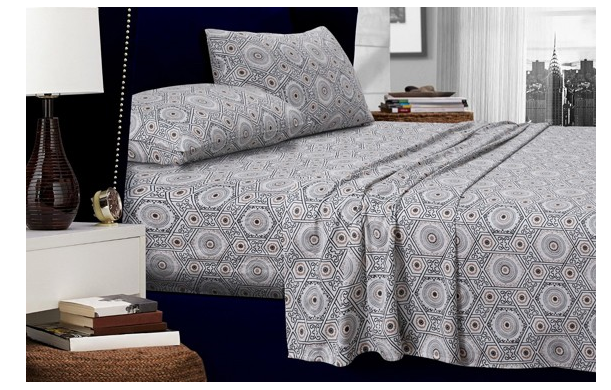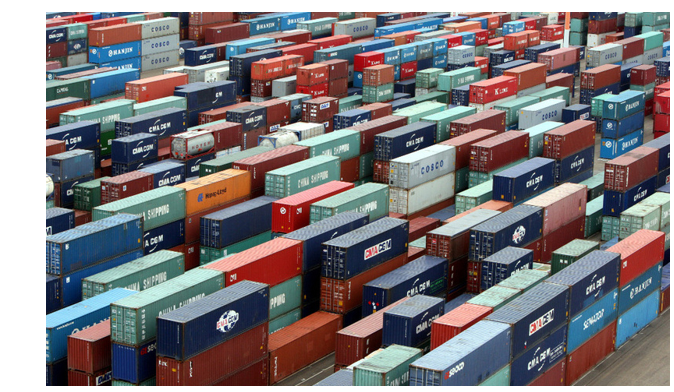INP-WealthPk
Ahmed Khan Malik
Karachi's bed linen industry fears the new tax regime introduced in the recent budget will adversely affect its performance, impacting its robust contribution to Pakistan's overall textile exports.

Pakistan exported $724 million in bed linen of textile knit or crochet materials, making it the world's first largest exporter of the segment in the previous financial year, according to the Trade Development Authority of Pakistan's data. Bed linen of textile knit or crochet materials was the eighth most exported product in Pakistan in FY24.

The main destinations of bed linen of textile knit or crochet materials exports were the United States ($177 million), the Netherlands ($110 million), Germany ($101 million), the United Kingdom ($59.4 million), and France ($49.9 million). The fastest-growing export markets for bed linen of textile knit or crochet materials in Pakistan were the Netherlands ($42.4 million), the United Kingdom ($11.1 million), and Spain ($9.07 million). Despite the best performance of the sector, exporters fear a drop in output after the sector has been brought under the normal tax regime. "We fear about the adverse impact of the taxes in the new budget, which may deprive the country of precious foreign exchange," Hussain Mahmood, a top exporter of bed linen from Karachi, told WealthPK. He said that a shift from a 1.0% turnover-based Final Tax Regime (FTR) to the standard taxation at 29% of taxable profit would prove to be disastrous for the exports of this sector. He also mentioned that the elimination of zero-rating on local supplies under the Export Facilitation Scheme (EFS) will have significant adverse effects.
"Removal of zero-rating on local supplies to registered exporters will compel the exporters to claim refunds of sales tax from the Federal Board of Revenue, which is a lengthy process contrary to the spirit of EFS." "Historically, the FTR provided a transparent mechanism for taxing export proceeds by levying a 1.0% fixed withholding tax. Its removal may result in exporters being subjected to super tax, which was previously not applicable under the FTR," he said and added that this particular measure had been proposed not with an intention to enhance revenue but to open up the possibility of harassment and corruption. Had there been the intention to enhance revenue, a fixed rate of 1.0% WHT could be enhanced to 1.25% or 1.5% rather than creating complications in compliance," Mahmood elaborated. Tabish Naqvi, another bed linen exporter, told WealthPK that the sector had already been struggling due to the high cost of doing business. He said that exporters were able to maintain the export momentum despite stiff competition from regional countries. He said the new normal tax regime was worrisome for the exporters, and demanded withdrawal of the measure.
Credit: INP-WealthPk













